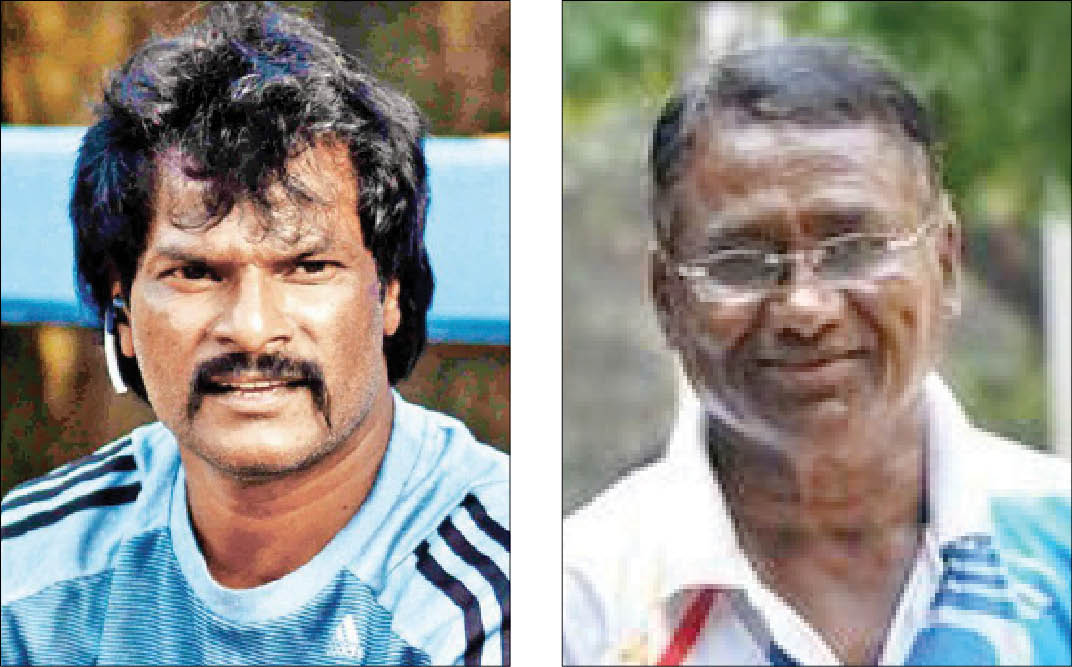India’s World Cup run came to a premature end on Thursday when they lost 1-2 to the Netherlands in a clash to secure a semi-final berth for themselves. The hosts truly outperformed than expected in the pool matches, but knockout games have always been a test of character for the team.
India remained unbeaten in their Pool C by outclassing Canada and South Africa and holding Belgium at a draw, while made Holand, arguably one of the best teams in the world, sweat for entire 60 minutes of that game. But this story of the Indian team sounds familiar: they perform well only to end up losing, paying for the same mistakes.
The Men in Blue outwitted the Netherlands in the first quarter with the help of a super-active defence. Surender Kumar looked impressive with his efforts and was well complemented by Kothajit Ray. But all this faded away as they approached the last quarter. It seemed the team lost composure as they were trailing with a goal and made a series of unforced errors.
Ashok Dhyanchand, who hit a winning goal against Pakistan to achieve India’s lone triumph in World Cup, says, “We should have reached the semifinals. Any result after qualifying for the semis would have been acceptable, but not this.”
“The 25-yard game in the opponent’s half is very important; the remaining 50-yard game could be played by anyone. The team looked completely dependent upon Manpreet, Lalit Upadhyay and Akashdeep in the circle,” he says.
Dhyanchand appreciated team’s growth in the last two years but highlighted that they have to capitalise on opportunities
India scored one goal of a penalty corner but failed to convert the second right at the death, but this did not look a matter of much concern to the Arjuna awardee as this World Cup was mostly about field goals than penalty corners.
“All the teams have been defending the penalty corners well, so we have gotten rid of them in this tournament,” he says.
In the 2018 World Cup, the penalty corners have mostly complemented to the success of the teams but have not decided it. Netherlands, which once produced penalty corner legend Floris Jan Bovelander, have also failed miserably here. Among the nine penalty corners awarded to them in a match against Pakistan, the orange team could convert only one.
Seeing that, the Indian team could also be given mercy in this area of failure, but the loose handling of ball and unclear passes were some common errors made throughout the second quarter.
HJS Chimni, another member of the 1975 World Cup winning team, explains the mathematics of the game in simpler words. “In a 60-minute game, every player, after removing the two goalkeepers, has the possession of the ball for an average of three minutes. So, you have to play with the ball for just three minutes but for the rest 57 minutes you have to use your brain to move your body at the right position and contribute to the team’s performance.”
Netherlands forward Jeroen Hertzberger had also earlier pointed to Indian players’ lack of presence of mind at crucial moments. “Indian players need to realise that a quarter lasts for 15 minutes and not 14 minutes, 55 seconds,” he said, referring to Netherlands’ late first quarter equaliser in the game.
Dhanraj Pillay, another legendary Indian hockey player, hailed Indian team’s performance but pointed out that had the team included some experienced players, their performance would have been even better.
“We definitely lacked the experience of some players like SV Sunil, Sardar Singh and Ramandeep Singh in such crucial match. Netherlands had used their experience in the match,” says Pillay, the only other Indian than Dhyanchad to appear in four hockey World Cups.
India had seven players from the Junior Hockey World Cup in this tournament, while the Netherlands had the same core of the team that won silver at the last World Cup, a silver and a semi-finals finish at the last two Olympics. The inexperience of the Indian team was seen in the last quarter of the match.
Defending a penalty corner with just 10 minutes to go in the match, Rohidas rushed out a little soon. Another young player Hardik Singh was given a yellow card and was made to sit on the bench in the 53rd minute of the game, forcing India to play with 10 men in a do or die situation.
“The boys need to work on their composure. They cannot play aggressive hockey all the time. Also, we cannot concede a last minute goal every time,” Pillay says, underlining India’s hustle-bustle in the last quarter. However, the former player gave full marks to Indian coach Harendra Singh for putting a strong team against Holand.
Though it’s not clear if Harendra himself will remain in Hockey India’s scheme of things as his contract was only till World Cup, but Pillay suggested that Hockey India should give the coaches some time as it is difficult for players to adapt to a new system with the appointment of new coaches every time and then.
While appreciating team’s structure and fitness he concluded saying that the team should stay together and prepare for Tokyo 2020.

